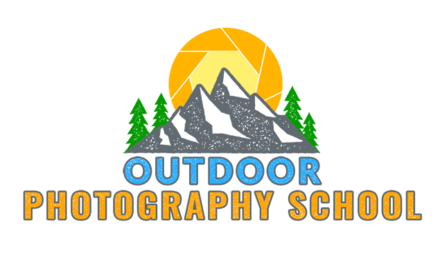Word up to would-be writers, novelists, self-help scribes and long-form authors everywhere: Get ready to turn the page and make the jump from print to pixels. Because if you haven’t transitioned to electronic publishing yet, you’ll need to get up to speed fast and not only learn what it takes to make an ebook, but also how and where best to sell it.
Consider the latest numbers from the Association of American Publishers, which revealed that adult ebook sales during the first quarter of 2012 amounted to $282.3 million, compared to only $229.6 million in adult hardcover sales. (Last year, hardcover books accounted for $223.5 million in sales vs. $220.4 million in ebook sales.) What’s more, Pew Internet research reported in April that 21% of American adults have read an ebook in the previous year, up from 17% tallied last December.
While the same proven formula for success applies to ebooks as it does to hardcovers and softcovers-quality writing, an engaging topic and/or story, a skilled editor and an eye-grabbing cover are still mandatory-choosing the right platform to promote your digital tome is equally important. And that means, according to most experts, selling via online retailers like Amazon and its Kindle app, Apple and its iBook app, Barnes & Noble’s Nook store, and Smashwords.
Amazon has the largest customer base and the Kindle is the most popular ebook reading device, so the sales potential is highest with Amazon. Authors typically earn 70% and 65% royalties, respectively, with Amazon and Barnes & Noble, on ebooks priced between $2.99 and $9.99. Other ebook retailers pay similar amounts, says Dana Lynn Smith, the Austin, Tex.-based Savvy Book Marketer.
“It’s the best deal you’ll get anywhere for the level of service they provide,” says Scott Abel, chief content strategist for The Content Wrangler, a content strategy firm located in San Francisco.
“See if a publisher will give you the same deal,” Abel says, jokingly.
An ebook is usually converted into one of three popular formats: mobi (used by Kindles), epub (for Apple devices), or PDF. Independent authors who don’t want to do the formatting chore themselves can hire an expert for the job or work through an ebook publisher such as Book Baby.
Writers of nonfiction how-to books should consider offering their ebooks in PDF format on their own web sites, suggests Smith.
“I think the PDF versions of my book marketing guides are more useful than the Kindle and epub books because my books contain so many hyperlinks to online resources and I’m also able to offer some additional bonus reports and tools,” Smith says.
While authors can try hawking their ebooks on eBay, Craigslist and their own sites, it’s hard to beat the built-in advantages that online retailers like Amazon and iBooks offer, Abel says.
“The truth is, selling is about audience,” says Abel. “There’s a reason why all the physical stores are in shopping centers and malls-because shoppers like to go to one place and shop for lots of things. The same is true online.”
Wherever one chooses to e-vend, it’s essential to market that cyberscript properly.
“Books need a bit of a push at the beginning so that (online retailer) algorithms can begin to recommend it to people perusing other books,” Sol Nasisi, founder/director, TheNextBigWriter, LLC. “Posting teasers on social network and readers sites like Wattpad and Booksie is one way to build an audience and get some interest in the book. Running a promotion or giveaway is another.”
Case in point: Nasisi’s company recently released “A Harper’s Education,” an ebook about a fictional New England prep school attended by the wealthy, beautiful, and privileged. To support the book, the publisher gave away Harper’s Prep athletic t-shirts modeled after what the characters in the book wear.
Nick Van Weerdenburg, senior product marketing manager for North Plains, a Toronto-based digital asset management provider, also recommends that authors consider blogging to enhance their marketing efforts. “Spend a year creating a blog on the same topic. It takes about nine months to create a good readership base, but when you launch your book, you’ll have a ready-made market to sell to,” says Van Weerdenburg.
There’s also the tried-and-true method of hiring an agent and/or PR agency to help you promote your ebook, Van Weerdenburg says.
In brick and mortar stores, physical books benefit from premium placement-thanks to fees paid by publishers-and promotion, but ebooks can’t be displayed on the table at the front of the store. As ebooks grow in popularity, so too do the options for publishing and promotion and author’s best bet is to know where her readers will be, and make sure she has a presence there.
(“Mobile reading and literature” from Shutterstock.)






